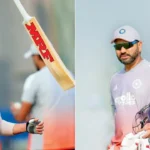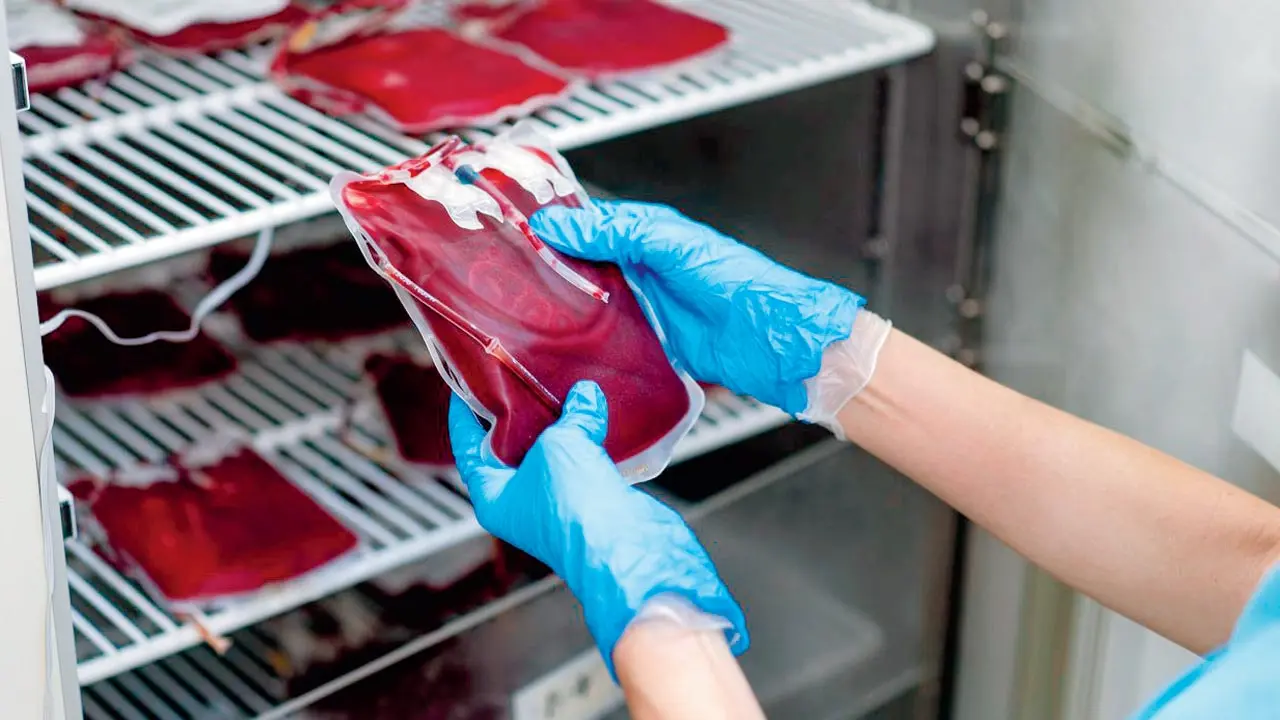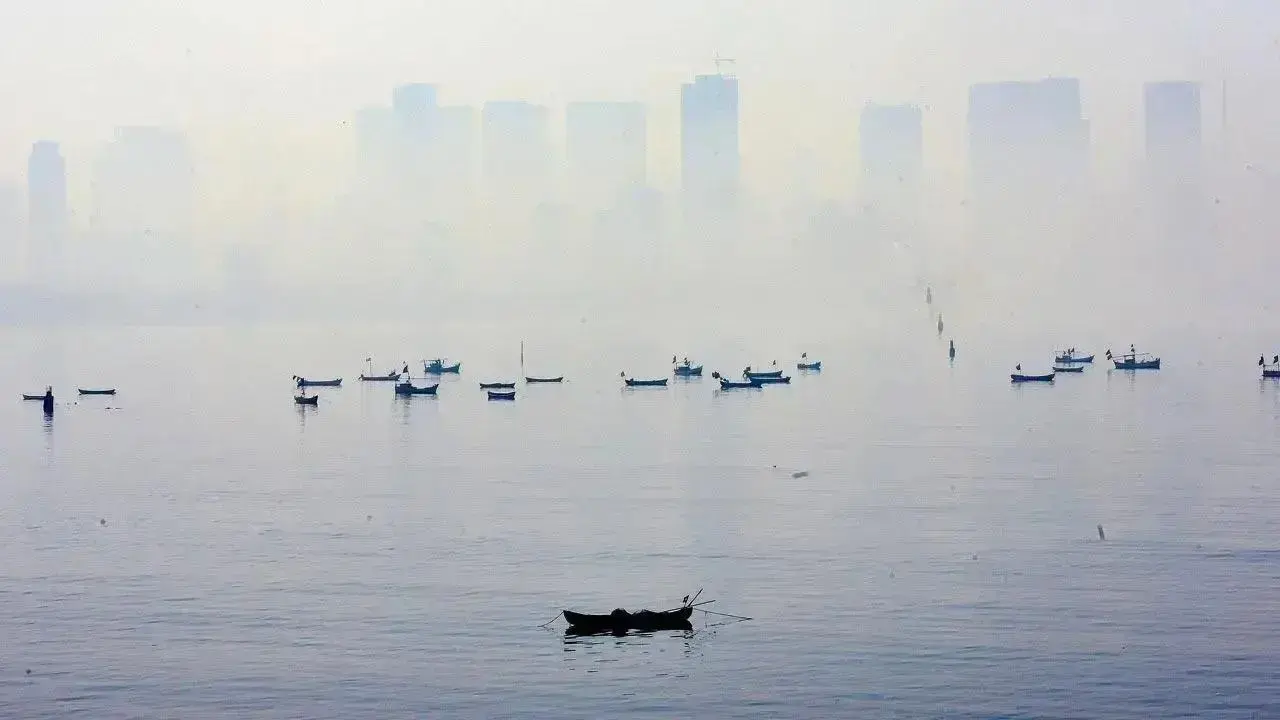After extending the submission deadline four times since the tenders for operating a blood bank at BMC-run peripheral hospitals (secondary healthcare facilities located in the suburbs of a city) were floated, the civic body now finally has nine bidders who have applied.
While earlier it was said that these hospitals will just have blood banks, officials have now confirmed that these will be component blood banks.
The tender process is now at the scrutinisation stage, where the quotations of all nine bidders are under investigation. As per the tender guidelines, the bidder must invest in infrastructure, equipment, staff, regulatory permissions, and 24×7 operations. Strict quality, licensing, and reporting requirements will be applicable as per FDA norms, said the BMC, adding that the contract term will be 10 years (extendable to 30 years based on performance).
Dr Atul Kulkarni runs the Jankalyan blood bank in Pune. Pic/By Special Arrangement
What is component blood bank?
“There are various constituents in whole blood, such as plasma, red blood cells, and platelets. When these are separated from the whole blood and stored separately, it’s called a component bank,” explained Dr Atul Kulkarni, who runs the Jankalyan Blood Bank in Pune. He stated that a normal blood bank only collects whole blood, conducts various blood-related tests and stores the blood samples.
Why is it necessary?
Explaining how having more component blood banks instead of whole blood banks is the need of the hour, Dr Kulkarni told mid-day, “It’s an era of blood components. Usually a patient needs a specific component of the blood and seldom requires whole blood. For instance, a person suffering from anaemia whose haemoglobin has dropped needs only red blood cells and not whole blood. Thus, if the components are separated from that particular blood sample, then the red blood cells can be used for this patient, while the plasma can be used for other patients. Like, someone who has burns can be given plasma or someone suffering from dengue or is undergoing cancer treatment can be given the platelets from the same blood sample.”
He added, “The patient will not need to unnecessarily take in non-required components of blood. For example, if the patient is old and has a weak heart and needs platelets but instead is given whole blood, then more quantity of plasma will enter her body, leading to more pressure on her heart, which may further lead to heart-related complications. Thus, the rational approach is to only give required components instead of whole blood.”
Hospitals that will have component blood banks in the city are
. Bharatratna Dr Babasaheb Ambedkar General Hospital, Kandivli (area allotted – 226.498 sq. m.)
. Seth Vadilal Chhatrabhuj Gandhi and Monji Amidas Vora General Hospital, Ghatkopar (area allotted – 248.887 sq m.)
. Khan Bahadur Bhabha General Hospital, Kurla (area allotted – 162.58 sq m.)
. Khurshedjee Behramjee Bhabha General Hospital, Bandra (area allotted – 196.879 sq m.)
. Shri Harilal Bhagwati Hospital, Borivli (area allotted – 310.55 sq m.)
. Smt MT Agarwal Municipal General Hospital, Mulund (area allotted – 367.27 sq m.)







